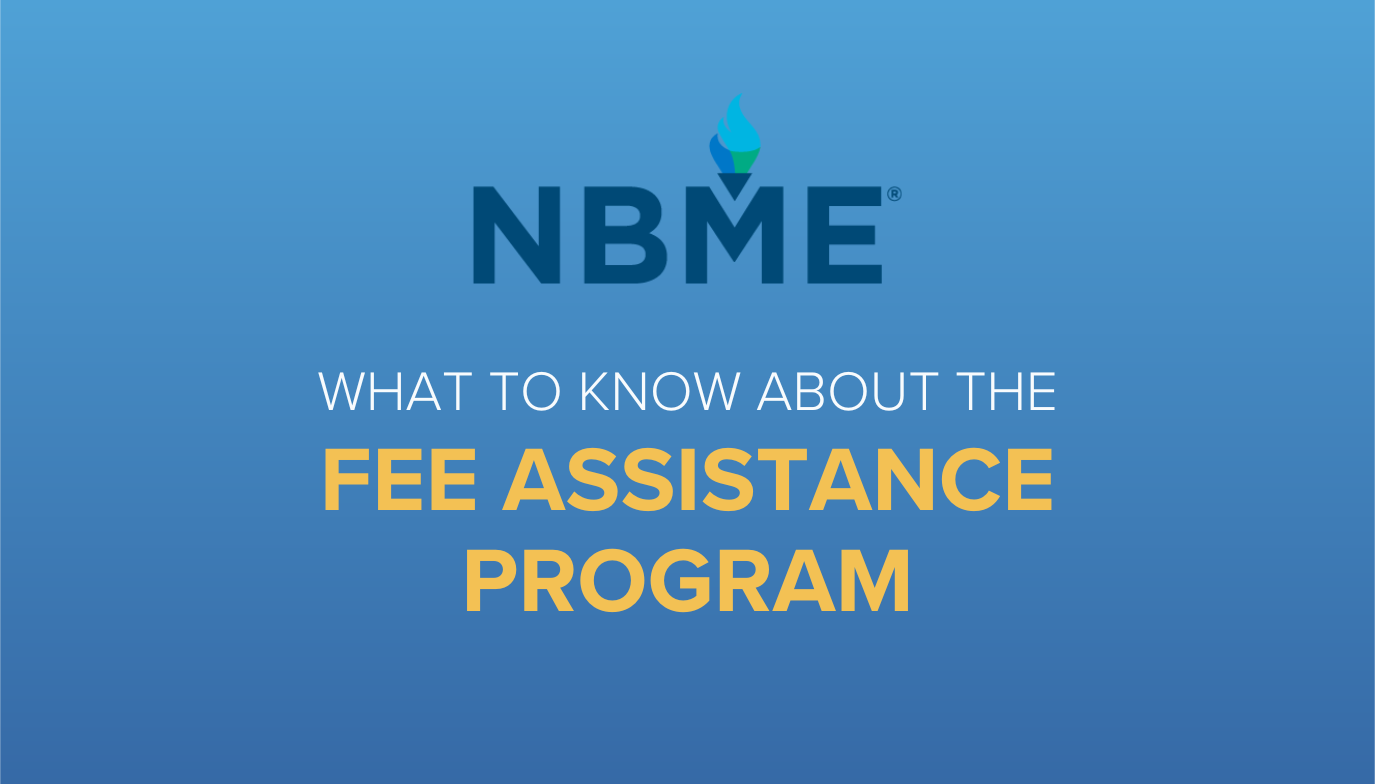Raise your hand if you were the type of college student who procrastinated on your assignments and put off studying for tests. Both my hands are raised! While this approach may have served us well in the undergraduate setting, it is not ideal in medical school. The sheer volume of material in medical school is nothing to scoff at and cramming right before will not yield desired results. In my experience, procrastinating too much during medical school was a sure way to shoot myself in the foot. Not to sound dramatic, but falling behind on my studying meant that massive amounts of information would snowball into a task that felt nearly impossible to tackle. It took a while, but in the end, I learned how to stop procrastinating by developing habits that allowed me to stay on top of my coursework more consistently.
I understand that if you were used to procrastinating and working well under pressure, it might not be difficult to change your ways. But as the adage goes, “an old dog can indeed learn new tricks.” Below are some useful tricks for leaving your history as a procrastinator behind.
How to Stop Procrastinating in Medical School
Address Your Mindset.
In order to treat a chronic tendency or habit, it is important to understand the underlying cause. There are a few commonalities among students who procrastinate. In my case, I procrastinated in undergrad because I felt like the subject matter was not always very relevant to my interests or what I wanted to do. Think about it, how often have you applied your knowledge of “O chem” in clinical medicine? Oftentimes in college, you may find yourself in prerequisite courses that aren’t engaging. This changes in medical school, as the majority of your course material will be at least somewhat relevant to the career you’re pursuing.
Additionally, what you’re learning in medical school will continue to build upon itself. For example, understanding physiology will help you better understand pathology, which will aid in your treatment and management decisions. Take some time to reflect on the fact that the stakes are now higher, shift your perspective, and that can improve your studying behavior.
Of course, there are many other potential causes of procrastination that also need to be addressed. Are you a perfectionist who fears doing things in a “suboptimal” way? Do you need to have the perfect morning in order to even start studying? Do you have significant anxiety regarding schoolwork or test-taking? Having a better understanding of your reasons for procrastinating is an important initial step toward breaking the habit.
Make a Plan.
The amount of material that will be covered on your medical school exams may seem so excessive that you don’t even know where to start. That is not just anxiety-provoking, it’s downright terrifying. To tackle such a tremendous load, you need a plan.
Be intentional in creating a schedule that allows you to break down the material into smaller, more digestible pieces. Working backward can be an effective way to design your study plan. Firstly, when is the paper/project/test deadline? What resources do you plan to use to prepare yourself? This can include pages in a book, flashcards, questions from a Q-bank, presentation slides, etc.
Thousands of medical students use Blueprint’s Med School Study Planner to save hours of planning time, see exactly what to do each day, and ace their med school exams. Get unlimited FREE access today!
Divide the amount of material you need to cover in order to feel prepared by the amount of time that you have between now and your deadline. Aim to reach these small, doable goals every day. Be realistic. You are not going to read eight chapters, answer and review 200 practice questions, and then complete 1,000 flashcards a day.
Ensure you’ve made time for study breaks into your schedule. An additional bonus with this method is that by doing a little bit of work every day, over time, you build new and better study habits. Eventually, after studying regularly, it will become second nature and less of a tedium that you force onto yourself.
Just Start.
This sounds obvious, but I mean it in the simplest way. Say you have an important presentation to deliver in front of your classmates and professors. This can feel very intimidating. Once you think about all the research involved and organize large amounts of information in a compelling way, it can begin to feel like too much. Choosing the path of least resistance is part of human nature. However, this may push you into a pattern of avoidance, which will do you a disservice in the long run.
When I was in this situation, despite how anxious or avoidant I felt, I would usually be able to talk myself into just opening PowerPoint. Baby steps, right? This is similar to organizing your material into digestible units—just focus on the one task of starting your work. Once I made it past that initial hurdle and opened the application, the momentum of starting would lead me to do more and more work. Before I knew it, a few hours had passed, and I would usually have a decent outline or rough draft. Then, the assignment didn’t feel so insurmountable anymore.
Maybe this can take the form of studying for just five to 10 minutes when you have some spare time. You can use your flashcard app or watch an educational video while waiting for the metro. Chances are, once you get started, you’ll feel that momentum taking you farther than you had originally thought you could go. Give it a try. Just start.
Use Productivity Applications.
We happen to live in an age of immense technological privilege. The average professional student uses apps for social media, smart home controls, games, and music. So, why not for medical school?
The fact that we can take notes on our laptops and follow presentation slides, and in many institutions, stream lectures at 2x speed, is already pretty noteworthy. When I was in medical school, my professors would tell me about the dark times when the students did all of their work and note-taking by hand, and didn’t have even a tiny percentage of the study resources that we have now. Times when you would have had to consult a physical manual to look up the normal values for a lab result or the dosage of a medication—I shudder to think.
Thankfully, there are many applications out there that are designed to aid your studying and even tackle procrastination head-on. If distractions are what fuels your procrastination, there are plenty of applications that are designed to block access to certain websites or smartphone apps at certain times of day, say during lecture time or study time. Then, there are study scheduling apps to help you plan your assignments. There are even apps that show you the biggest threats to your productivity.
A few apps that I have on my phone are Todoist (a to-do app for keeping track of tasks), Forest (a focusing app that “grows a tree” the longer you stay off your phone), IFTTT (an automation app to connect apps), and Calendly (a smart calendar app for easy scheduling). Using the many tools you have at your disposal, you can kick distraction (and procrastination) to the curb.
Change Your Surroundings.
Being at home in a small space (I’m assuming, because you’re a medical student) is not the most conducive environment for being your most productive self. You’re surrounded by temptation: your bed, your television, your fridge, your friends and family. While it’s important for you to carve a space dedicated to studying in your living area, especially in light of the COVID-19 pandemic, it does not always work as well as expected.
Changing your environment can be the catalyst you need to get your work done. It may be a change of location, such as going to a new coffee shop or co-working space. It can also be a change of environmental factors, such as putting your phone on “Do Not Disturb” mode and closing your door.
It can also help if you’re near other people who are working, too. Seeing my classmates study hard while I was in school was always an additional motivator for me. Studying with classmates was also a more interesting and collaborative way to fill in knowledge gaps—of course, this is a double-edged sword because you and your study buddies may end up distracting each other. Either way, it’s important to realize that your surroundings affect the way you focus and that it can be simpler to change those surroundings into something more favorable rather than just “focusing harder.”
Everybody has different reasons for procrastinating, as well as different ways to feel most productive. While not all of these tips may be helpful in your particular case, hopefully some of them will be applicable in optimizing your productivity. Procrastination is not always the evil that it is portrayed to be—sometimes taking a little time to step away and rest from your growing to-do list is necessary and beneficial. The key is to not let procrastination go too far and detract from your goals.






